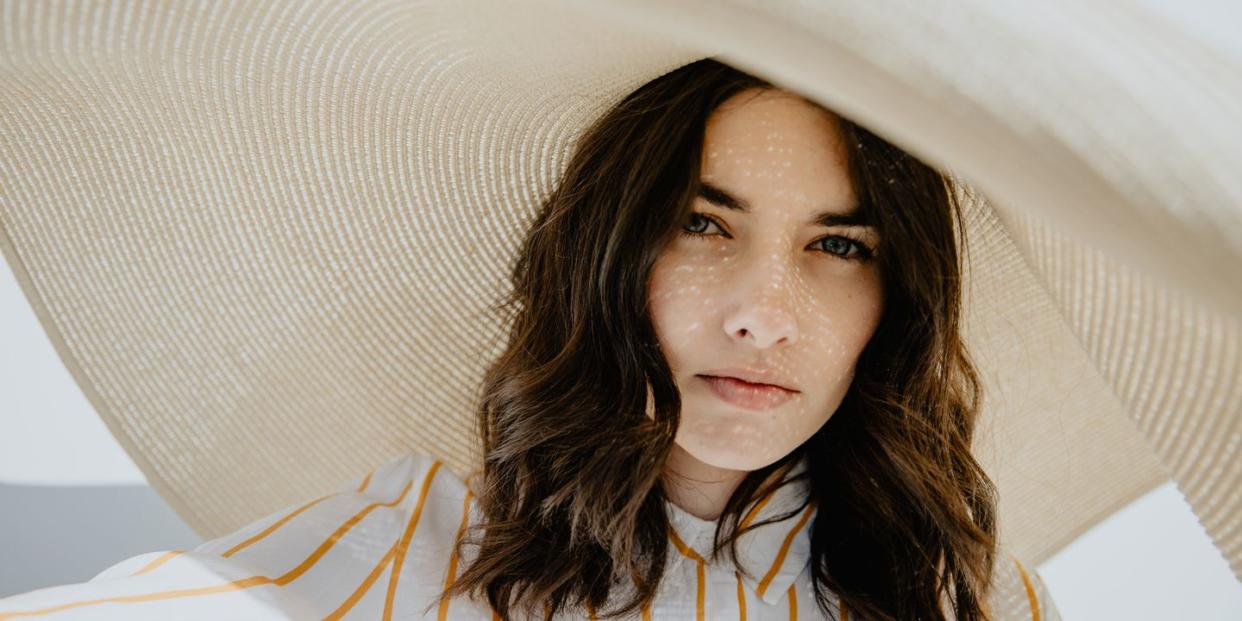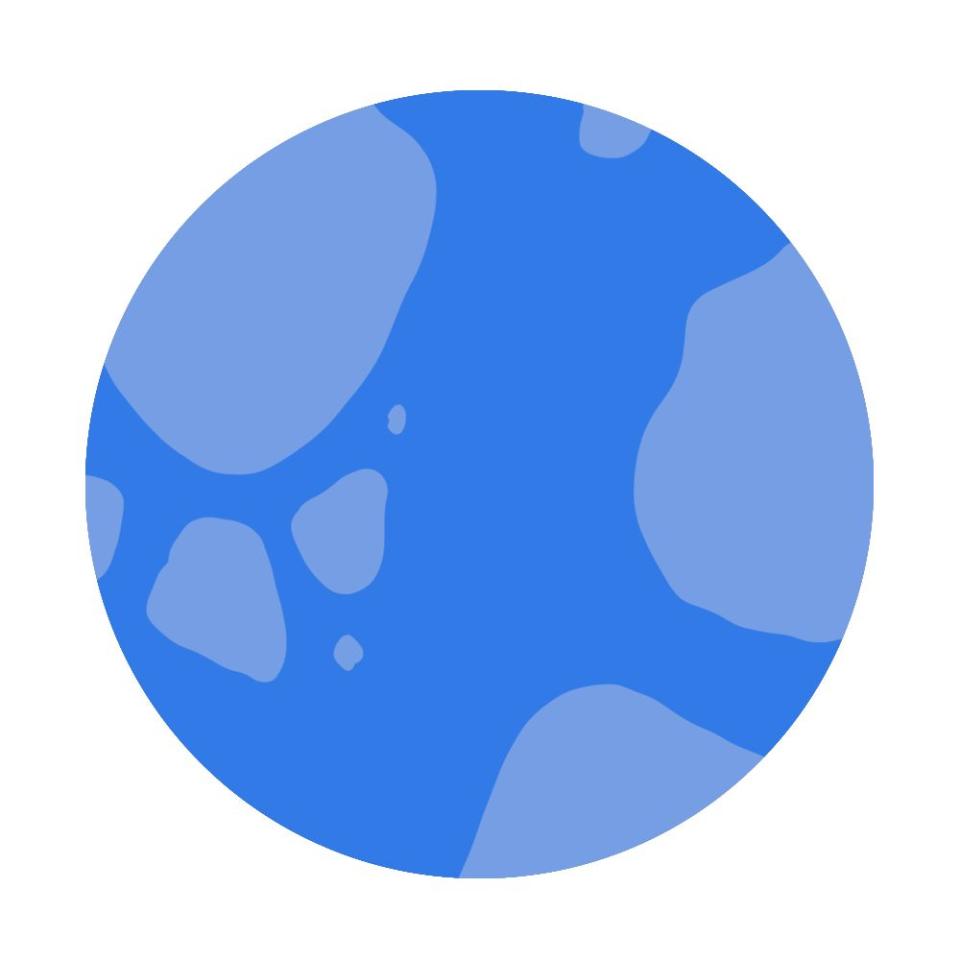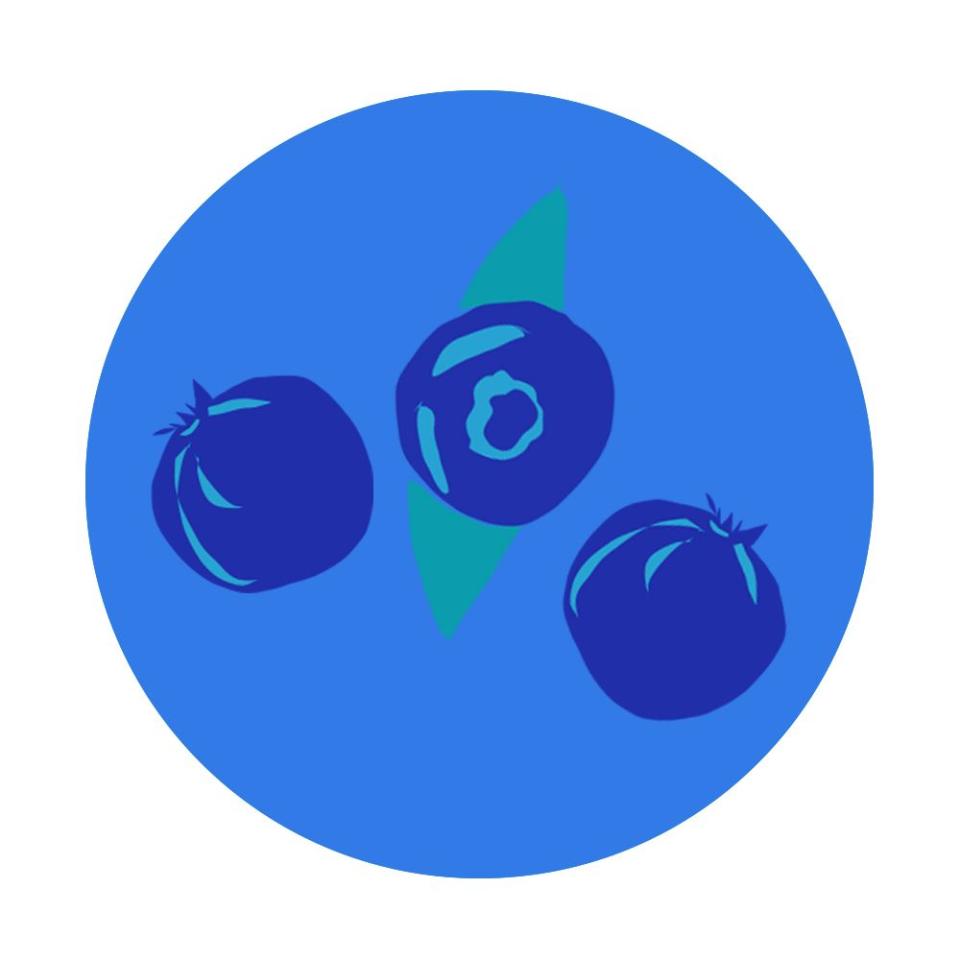Banish Dark Spots for Good With These Dermatologist-Approved Tips

Hyperpigmentation is one of those pesky skin ailments that can feel impossible to treat. While extremely common and typically harmless, this skin condition is one that countless people seek treatment for on a regular basis, whether it's at the dermatologist or digging through online research.
With new miracle creams bubbling up on the beauty shelves every day, we decided to cut through the clutter to determine what actually works to clear up hyperpigmentation. For some expert advice, we chatted with renowned board-certified dermatologists Dr. Whitney Bowe and Dr. Jennifer Chwalek for their expert take on this skin issue. Read on for more info from our experts, along with the best products to correct hyperpigmentation.
What is hyperpigmentation?

While numerous variations of hyperpigmentation exist, three main types are the most common: lentigos, PIH, and melasma.
Lentigos — aka "sun spots" — are primarily caused by sun exposure over the years. "You can differentiate lentigos from freckles because freckles lighten up in the winter, while lentigos stay the same shade all year-round," Bowe says.
PIH stands for post-inflammatory hyperpigmentation. "This is essentially a stain left over after inflammation dies down — for example, when you see a mark on your skin which is left after a pimple heals," she says.
Lastly, melasma is a skin condition that causes brown patches, most commonly on the cheeks, nose, forehead, and upper lip. "It can be exacerbated by UV exposure, as well as sometimes heat and visible light, and hormonal triggers, such as oral contraceptive pills, IUD, hormone therapy, and some vitamin supplements containing ingredients such as black cohash or dong quai," Chwalek says.
Can you treat hyperpigmentation?

The good news: hyperpigmentation can be addressed and treated, and you have options on how you'd like to treat it based on severity. According to Bowe, simply adding antioxidants into your diet can help improve mild cases.
"It is essential to get antioxidants in your diet and your skincare. Foods such as blueberries, spinach, dark chocolate, and green tea are all excellent sources of antioxidants," Bowe says. "Proven antioxidant supplements are also an extra layer of protection against sun damage, intended to complement — not replace — your sunscreen."
For severe case of hyperpigmentation, our experts recommend looking into in-office treatments like Clear + Brilliant, Fraxel Dual, chemical peels, and microdermabrasion.
What ingredients should you look for?

For the most part, there's no need to spend time and money running to the doctor's office for expensive treatments. Luckily, there are numerous ingredients that can be used to improve the appearance of hyperpigmentation. "The most common (and effective) ones are hydroquinone, kojiic acid, azelaic acid, ascorbic acid [vitamin C], glycolic acid (AHA or alpha hydroxy acids), and retinoids," Chwalek says.
Both dermatologists agree that SPF is one of the most important means of prevention. "None of the treatments mentioned will work if you're still getting sun exposure," Chwalek says. She encourages daily sun protection in the form of SPF 30 or higher, with physical blockers such as zinc oxide and titanium dioxide. Sun-protective clothing like hats and long-sleeve shirts can also help. You should especially avoid midday sun and seek shade whenever possible.
Still need some guidance on what to grab to treat your hyperpigmentation? No worries, we've got you — below, check out our favorite hyperpigmentation treatments and products for keeping dark spots at bay:
Read More:
Why Your Should Add Face Toner to Your Routine
Spray Sunscreens for the Ultimate SPF Protection
Why You Need Glycolic Acid in Your Skincare Routine ASAP
Follow BestProducts.com on Facebook, Instagram, Twitter, and Pinterest!
You Might Also Like
